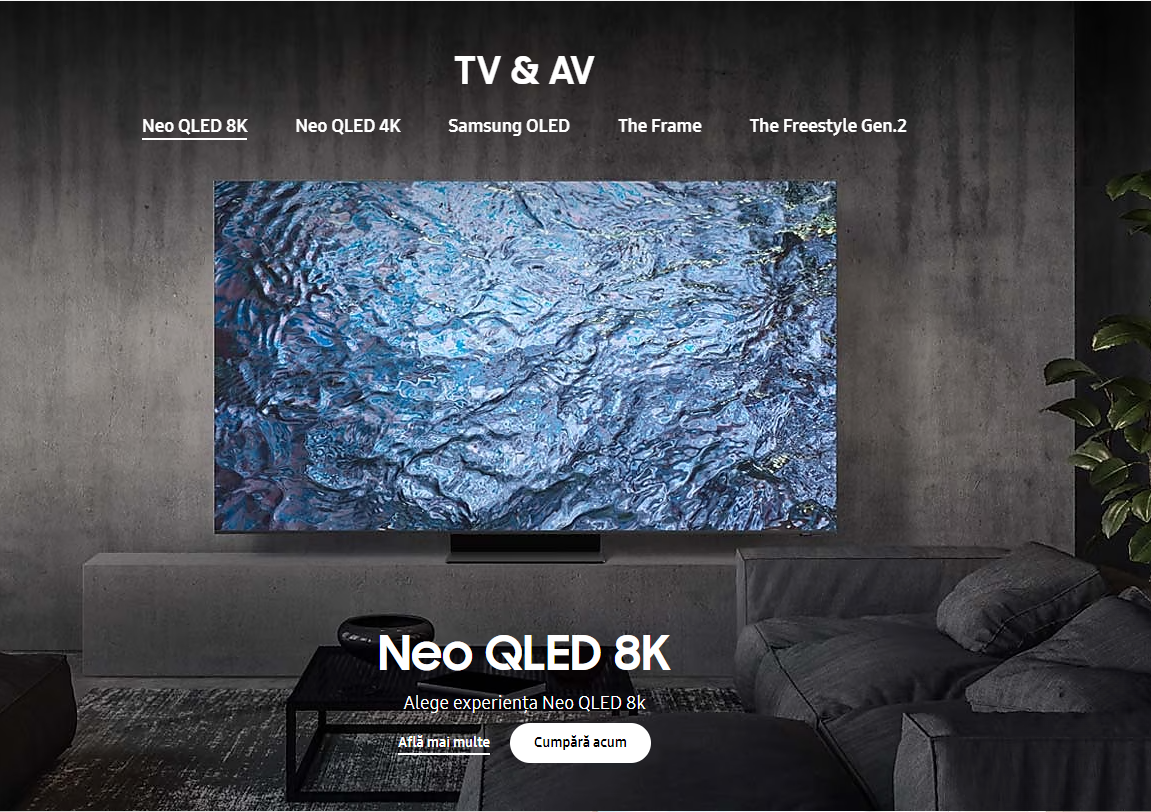Samsung, a global technology giant, has firmly established itself as a leader in various industries, ranging from consumer electronics and smartphones to semiconductors and home appliances. Founded in 1938 in Daegu, Korea, as a small trading company, Samsung has evolved into a powerhouse of innovation with a strong global presence. This article delves into the various aspects that define the Samsung brand, from its rich history to its diverse product portfolio and its impact on technology and society.
A Legacy of Innovation
At the core of Samsung’s success is its unwavering commitment to innovation. Over the decades, the company has consistently pushed the boundaries of what’s possible in technology. Samsung has been a trailblazer in the development of cutting-edge products, including the introduction of the world’s first curved OLED TV, advancements in semiconductor technology, and the creation of the widely popular Galaxy series of smartphones. This legacy of innovation has not only kept Samsung at the forefront of the industry but has also influenced the trajectory of technological advancement globally.
Diverse Product Portfolio
Samsung’s influence extends across a vast array of consumer and industrial sectors. The brand has diversified its product portfolio to include smartphones, televisions, home appliances, wearables, and more. The Galaxy series of smartphones, featuring state-of-the-art technology and design, has become synonymous with quality and performance in the mobile industry. Samsung’s QLED TVs, equipped with quantum dot technology, offer unparalleled picture quality, revolutionizing the home entertainment experience.
In the realm of home appliances, Samsung has introduced smart refrigerators, washing machines, and kitchen appliances that bring together cutting-edge technology and user-friendly interfaces. The brand’s foray into wearables, with products like the Galaxy Watch series, showcases its commitment to integrating technology seamlessly into various aspects of daily life.
Sustainability and Corporate Social Responsibility
In recent years, Samsung has placed a strong emphasis on sustainability and corporate social responsibility (CSR). The company acknowledges its role in addressing global challenges, such as climate change and environmental conservation. Samsung has set ambitious goals for reducing its carbon footprint, increasing the use of renewable energy, and promoting eco-friendly practices throughout its supply chain.
Moreover, Samsung’s CSR initiatives extend beyond environmental concerns to social issues. The company actively invests in community development, education, and healthcare programs, aiming to make a positive impact on the lives of people worldwide. By aligning its business practices with ethical and sustainable principles, Samsung strives to be a responsible corporate citizen.
The Future of Samsung
As Samsung continues to innovate and adapt to the ever-changing landscape of technology, its future appears promising. The brand’s commitment to research and development, coupled with a focus on user-centric design, positions Samsung as a driving force in shaping the future of consumer electronics. Whether it’s pioneering advancements in artificial intelligence, contributing to the development of 5G technology, or exploring new frontiers in display technology, Samsung remains dedicated to leading the way in the global tech industry.
Global Impact and Market Presence
Samsung’s impact is not limited to technological innovations; its market presence is equally impressive. The brand has a robust global footprint, with operations in numerous countries and a wide-reaching distribution network. Samsung’s ability to understand and cater to diverse consumer needs has contributed to its success on a global scale. Whether it’s catering to the preferences of consumers in Asia, Europe, or North America, Samsung’s products resonate across cultures, reflecting a universal appeal.
The company’s leadership in the semiconductor industry is particularly noteworthy. Samsung Semiconductor has played a pivotal role in the development of cutting-edge chip technologies. Its contributions to memory solutions, processors, and other semiconductor components have not only fueled the growth of Samsung but have also had a cascading effect on the entire tech ecosystem. Samsung’s semiconductor prowess is instrumental in powering a myriad of devices, from smartphones to data centers, influencing the efficiency and performance of diverse technological applications.
Technological Convergence and Ecosystem Integration
Samsung is at the forefront of the trend towards technological convergence and ecosystem integration. The brand’s ecosystem strategy aims to seamlessly connect various devices and services, providing users with a cohesive and interconnected experience. Samsung’s ecosystem encompasses smartphones, smartwatches, tablets, smart TVs, and home appliances, all interconnected through its proprietary platforms like Samsung SmartThings and Samsung Health.
The integration of artificial intelligence (AI) and the Internet of Things (IoT) is a key focus for Samsung. By developing intelligent devices that can communicate with each other, Samsung envisions a future where technology enhances every facet of daily life. Whether it’s a refrigerator that suggests recipes based on its contents or a smartwatch that monitors health metrics in real-time, Samsung’s commitment to technological convergence creates a synergistic user experience.
Challenges and Adaptability
Despite its remarkable success, Samsung, like any global conglomerate, faces challenges. The competitive landscape of the tech industry is dynamic, with new players constantly entering the arena. Samsung’s ability to adapt to evolving market trends and consumer preferences will be crucial in maintaining its leadership position. Furthermore, geopolitical factors, economic uncertainties, and the rapid pace of technological change present ongoing challenges that require strategic foresight and adaptability.
Navigating the complexities of emerging technologies, such as artificial intelligence, 5G, and quantum computing, presents both opportunities and challenges for Samsung. The brand’s continued investment in research and development, strategic partnerships, and a focus on anticipating market shifts will be instrumental in overcoming obstacles and ensuring sustained growth in the rapidly evolving tech landscape.
User-Centric Design and Innovation
At the heart of Samsung’s success lies its commitment to user-centric design. The brand emphasizes creating products that not only boast cutting-edge technology but also enhance the overall user experience. Samsung’s One UI, the user interface for its smartphones, exemplifies this approach by prioritizing simplicity, intuitiveness, and customization. This commitment to user-centric design extends across its entire product range, from smart TVs with intuitive interfaces to home appliances with smart features that simplify daily tasks.
Innovation at Samsung is not solely about technological advancements but also about addressing real-world challenges and improving the lives of consumers. As the brand looks towards the future, user-centric design principles will likely continue to drive Samsung’s innovations, ensuring that its products remain accessible, enjoyable, and indispensable for users worldwide.
In conclusion, Samsung’s journey from a small trading company to a global technology behemoth is a testament to its resilience, innovation, and commitment to excellence. The brand’s diverse product offerings, commitment to sustainability, and contributions to societal well-being underscore its significance in the tech landscape. As Samsung continues to evolve, it will likely play a pivotal role in shaping the technological future, enriching the lives of consumers around the world.





















